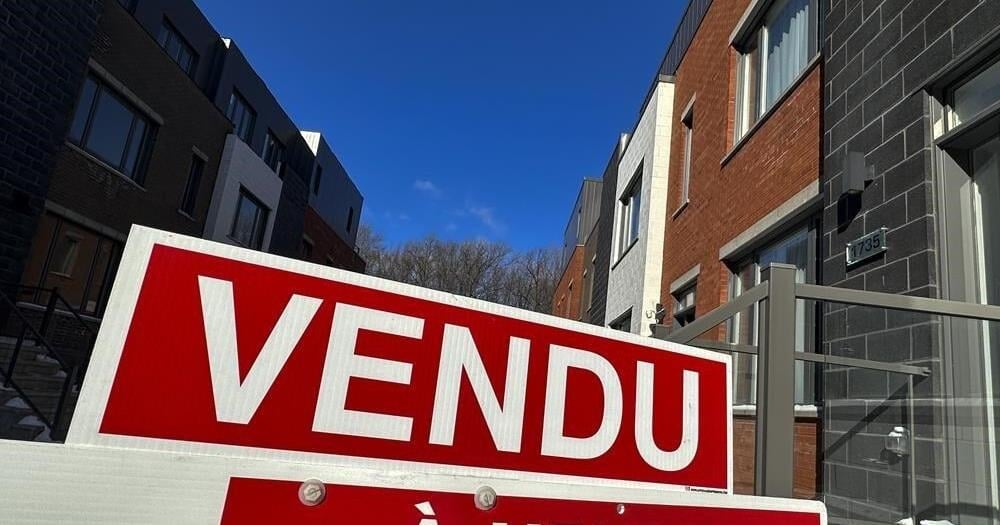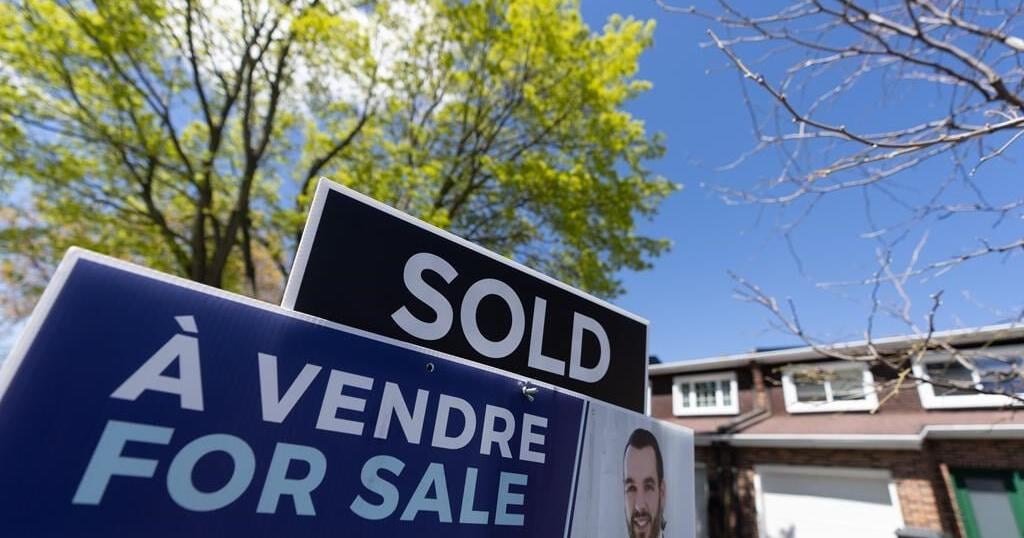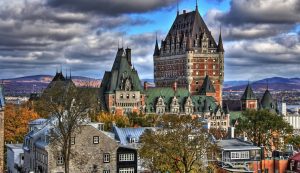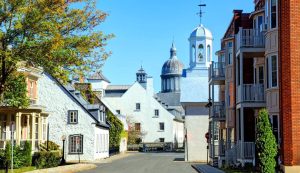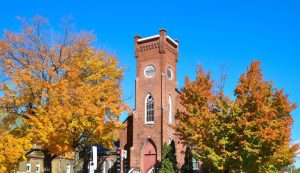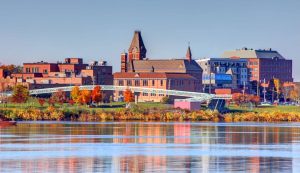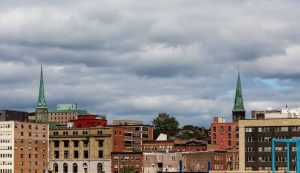As a result of COVID-19, the Province of Ontario has closed all
non-essential businesses, effective March 24, 2020. While every
industry has been profoundly impacted by efforts to help
“flatten the curve” and contain the virus spread, real
estate has taken a significant hit. These businesses are seeking
ways to manage this crisis, limit financial losses and understand
what relief, if any, is possible.
Crowe Soberman works with many clients in the real estate
industry including brokers, commercial and multi-residential real
estate owners, investors, developers, design-build companies and
finance providers. Below, we have outlined immediate measures these
businesses have been able to take in order to address the impact of
COVID-19 from financial and operational perspectives.
Brokerages and real estate agents
Brokerages and real estate agents have been deemed essential
services; however, there have been key changes to the way they must
operate and there is uncertainty how the market will perform as the
pandemic evolves. According to the Toronto Regional Real
Estate Board, home sales were down 69 per cent in the first
17 days of April compared with a year ago. Many buyers have decided
to hold off on purchases amid uncertain economic conditions. As
well, experts are predicting a drop in residential selling prices
due to factors including higher unemployment and the slowdown in
tourism, which in turn impacts short-term rental business. Despite
the market uncertainty, there are still those who need to buy or
sell right now, for various reasons. Industrious agents have had to
quickly pivot to providing services virtually rather than relying
on traditional open houses.
Fortunately, many brokerages and real estate agents may be able
to qualify for federal government incentives including the Canada Emergency Wage
Subsidy (CEWS), Temporary Wage Subsidy for Employers
(TWSFE), Canada’s Emergency Response Benefit
(CERB), and Canada Emergency Business Account
(CEBA).
Real estate development
Real estate development during the COVID-19 pandemic has
obviously become more complex since revenue is project based and
profit is earned at project completion. Public show rooms have
closed, and economic instability has slowed down new investment,
and in some cases existing investors are pulling out of projects.
Unfortunately, real estate developers are feeling more pain as the
government programs for which they are eligible are limited.
However, most real estate development projects will continue to
receive financing through the major banks.
Property management companies and landlords
Property management companies and landlords, whether
multi-residential, commercial or industrial, have had their
struggles. While many landlords received rental payments for April
1, there are indications that collecting rents for May 1 will be a
much greater challenge. For the most part, we have witnessed
landlords and tenants showing a sense of empathy and community by
working with one another. For example, we have seen landlords with
multi-residential properties proactively offering to defer rent for
one or two months for those in need, creating rent assistance
programs or providing other allowances to help tenants get through
a tough period. Some larger commercial landlords have announced
temporary rent deferral for small businesses or independent
businesses. Particularly in the case of commercial and industrial
landlords, they recognize the need to work with tenants to help
cover costs rather than be trapped in a situation where they have
vacant properties over the longer term.
However, the key thing to remember for both tenants and
landlords is that a lease is a legal document, and both have rights
and obligations to fulfill under it. A tenant cannot simply stop
paying rent citing COVID-19. If a tenant has financial
difficulties, they should proactively start a dialogue with their
landlord and work together. And keep in mind that a rent deferral
is not rent forgiveness.
To encourage rent flexibility between commercial landlords and
tenants, Prime Minister Justin Trudeau announced a much-anticipated
commercial rent relief initiative for small businesses affected by
COVID-19 on April 24. In partnership with the provinces and
territories (which have jurisdiction over the rental market),
commercial rent will be lowered by 75 per cent for eligible small
business tenants who pay less than $50,000 in gross rent per month;
and have temporarily ceased operations; or have experienced a 70
per cent drop in pre-coronavirus revenues. (This amount is
determined by comparing revenues in April, May or June to the same
month in 2019. Alternatively, the amount can be calculated by
comparing average revenues for January and February of 2020.)
The Canada Emergency Commercial Rent Assistance
(CECRA) will provide forgivable loans to
qualifying commercial property owners, covering 50 per cent of
monthly rent for April, May and June. Effectively, commercial
property owners will receive 75 per cent of their pre-coronavirus
rental revenues for April, May and June – 50 per cent funded
by the government in the way of these forgivable loans and 25 per
cent received directly from the tenant. The federal Canada Mortgage
and Housing Corporation (CMHC) will administer and deliver the
CECRA.
If a property owner does not have a mortgage secured by a
commercial rental property, the property owner should contact CMHC
to discuss program options, which may include applying funds
against other forms of debt facilities or fixed cost payment
obligations (e.g. utilities).
More information from the CECRA announcements is included here. Additional details
from the federal government are expected in the coming weeks, along
with information about rent support for large organizations.
For landlords concerned with how COVID-19 will impact their
ability to preserve cash or even pay their mortgage, a six-month
mortgage deferral program offered in partnership with Canadian
banks, the federal government and the Canadian Mortgage and Housing
Corporation has provided some temporary relief. There is concern
over how such deferred funds will be paid back at the end of the
pandemic. Banks are also continuing to accrue interest on the
mortgages.
Deferral of municipal tax and utilities
The deferral of municipal taxes and utility payments for
property owners and commercial landlords have also provided some
additional assistance during this uncertain period. As an example,
on March 16, the City of Toronto implemented at 60-day
grace period for property tax payments and payment penalties. The
City has also extended the due date for utility bills issues by an
additional 60 days to give utility customers additional time to
take advantage of the early payment discount. Depending on the
municipality in Ontario, there are different arrangements for
property tax or bill payment relief. It is important to check with
your municipality to see if and what measures might be
available.
Finally, these businesses should seek guidance on whether their
insurance coverage addresses financial losses as a result of
COVID-19. Some commercial property policies may address business
interruption caused by disease outbreak. See COVID-19: Business Interruption Claims
for more information.
How Can Crowe Soberman Support You?
In these uncertain times, it is essential to remain agile and
proactive as the COVID-19 situation unfolds. Having timely access
to financial experts, insights and news as quickly as possible is
critical—and that’s where we can help.
We have established a dedicated
COVID-19 Resource Hub, highlighting areas of business
operations that will likely be impacted by coronavirus. Whether you
need to discuss your current financial situation and learn what
options are available to you, or you want to be guided through the
appropriate cash flow management strategies for your business, our
team of experts are ready to help you at every step of the way.
Please do not hesitate to reach out to your Crowe Soberman
professionals for support during these challenging times.
Originally published 24 April, 2020
The content of this article is intended to provide a general
guide to the subject matter. Specialist advice should be sought
about your specific circumstances.




